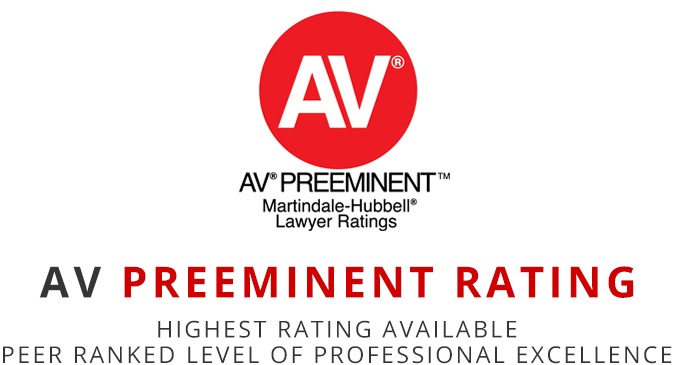Introduction to Work-Related Accidents and Their Legal Implications Featured

Please Note: “South Carolina being a Workers' Compensation State, the general rule for workplace injuries is that if you are injured on the job within the scope of employment,
you are limited to filing for Workers' Compensation, and you are barred from filing a lawsuit against your employer. Workers' Compensation is mandatory coverage by the employer
for work-related injuries of employees regardless of the liability of either employer or employee or any entity employed by the employer.”
Introduction
Work-related accidents are an unfortunate reality in many industries. They can cause injuries, illnesses, or even fatalities and significantly impact both employees and employers.
This first article of our 14-day law blog series will provide an overview of work-related accidents and explore their legal implications.
What is a Work-Related Accident?
A work-related accident is an incident that occurs during the course of employment, resulting in physical or mental harm to an employee. These accidents can range from minor injuries,
such as cuts and bruises, to more severe ones, like fractures, amputations, or even fatalities. Work-related accidents can also lead to occupational diseases, which are conditions that
develop over time due to exposure to hazardous substances or long-term stressors in the workplace.
Legal Implications of Work-Related Accidents
There are several legal aspects to consider when it comes to work-related accidents. These include employer liability, workers' compensation, personal injury lawsuits, and regulatory compliance.
- Employer Liability
Employers have a legal duty to provide a safe working environment for their employees. If an employer is found to be negligent in maintaining a safe workplace or fails to adhere to safety regulations,
they may be held liable for any accidents that occur as a result. This liability can include direct negligence, such as failing to maintain equipment properly, and vicarious liability, where the employer is
responsible for the actions of their employees.
- Workers' Compensation
Workers' compensation is a form of insurance that provides financial support and medical benefits to employees who suffer work-related accidents or illnesses. In most cases, workers' compensation
is designed to be a no-fault system, meaning that employees can receive benefits regardless of who is at fault for the accident. However, there are certain exceptions and limitations, which we will
explore in more detail on Day 3 of our series.
- Personal Injury Lawsuits
In some cases, employees may choose to file a personal injury lawsuit against their employer, seeking damages for their injuries. This typically occurs when workers' compensation benefits are
insufficient to cover the extent of the damages or when the employee believes the employer's negligence was a direct cause of the accident. Personal injury lawsuits can be complex and require
a thorough understanding of the legal system.
- Regulatory Compliance
To ensure workplace safety, employers must adhere to various regulations and standards set by government agencies, such as the Occupational Safety and Health Administration (OSHA).
Failure to comply with these regulations can result in fines, penalties, and even criminal charges in some cases. OSHA also plays a role in investigating work-related accidents and ensuring
that appropriate corrective actions are taken.
In Conclusion
Work-related accidents have far-reaching consequences for both employees and employers. By understanding the legal implications surrounding these incidents, you can better navigate the
complex world of workplace safety and accident prevention. Over the next 13 days, we will discuss each of these topics, providing valuable insights and practical advice to help you promote
a safer work environment for all.
Last modified on Tuesday, 25 April 2023 14:17
Administrator

Meet our blog administrator team. Our team is responsible for managing and creating content for our law firm's blog, with a focus on family law, estate planning, and personal injury. We are dedicated to providing accurate and informative articles to our readers. Our goal is to educate and inform the public on legal issues that may affect them, but it's important to note that the content provided is not legal advice and should not be used as such. We are passionate about staying current on legal trends and developments and are committed to providing valuable information to our readers.






